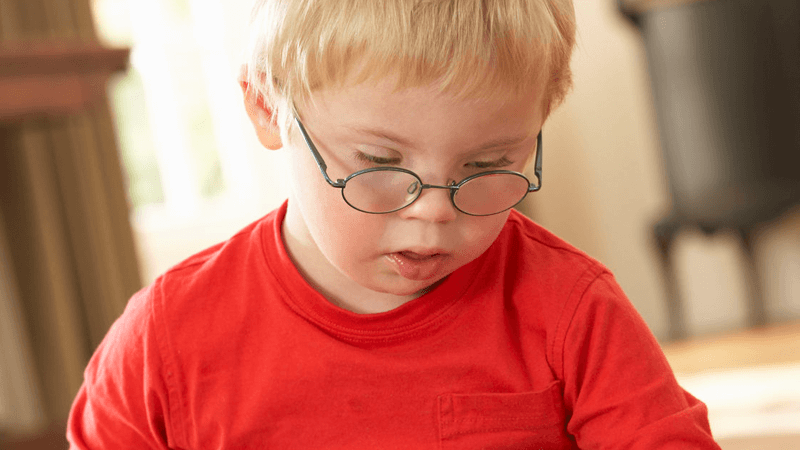The British Medical Association (BMA) has urged the Government to launch a full consultation over a controversial new technique for screening unborn babies for Down’s syndrome.
The BMA has passed a motion to lobby the Government on the issue, and says a consultation on Non-Invasive Prenatal Testing (NIPT) is necessary to discuss limits for the scope of the blood test.
NIPT is claimed to be 99 per cent accurate in diagnosing Down’s and other genetic conditions and is expected to be made available by NHS England later this year.
Stigma
Critics have repeatedly argued that it is likely to lead to more abortions, and even to Down’s children being eradicated altogether.
Speaking at the BMA’s annual meeting, Dr Mark Pickering said: “We must ensure that the use of NIPT, with the possible increase in resulting abortions, doesn’t lead to more stigma against children born with genetic conditions”.
Dr John Chisholm, who is a Member of the BMA’s Medical Ethics Committee, added: “I think that it’s absolutely right that there should be consultation and the views not just of the profession but vitally of the public are sought.”
Action needed
Currently it is legal in Great Britain to abort up to birth if doctors believe the baby will be born with a disability.
Figures show 92 per cent of babies who are diagnosed with Down’s syndrome in the womb are already being aborted in England and Wales.
Lynn Murray, speaking for campaign group Don’t Screen Us Out, said: “It is now clear that the Government must take action and begin work on a full consultation and ethical review of non-invasive prenatal testing and the need for limits for the scope of NIPT in practice.
“We are calling on the Government to start on this as soon as possible.”
‘Image of God’
Wales became the first part of the UK to introduce NIPT through the NHS in May.
Ciarán Kelly, Deputy Director at The Christian Institute, has said that the test “has its roots in the idea that some people’s lives have no value”.
“All human beings are made in the image of God and have a special, intrinsic, value regardless of how young, or how old, able bodied or disabled that life might be”.

